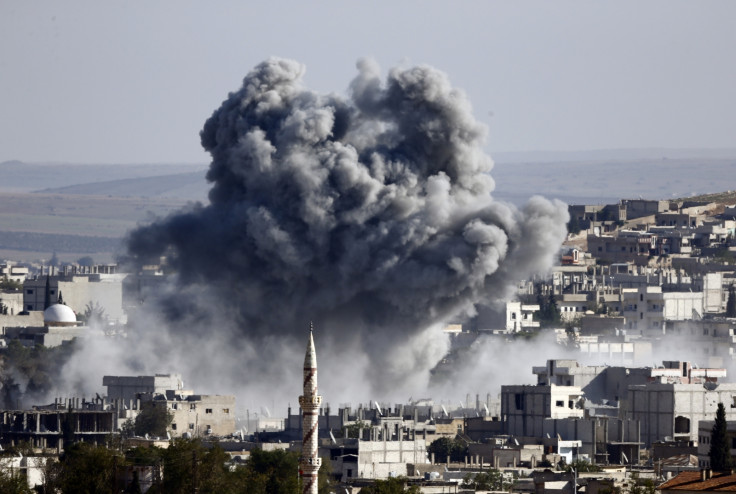UAE leaves coalition against Isis: US ally halted air strikes after Moaz al-Kasasbeh capture

United Arab Emirates (UAE) has backed away from the war against Islamic State militants, it has emerged.
A key ally in the coalition against the terrorist group, which this week sparked outrage by burning alive hostage Moaz al-Kasasbeh, UAE halted its bombing runs after the Jordanian pilot was captured in December.
According to the New York Times, the cessation of activity was over concerns the United States' search and rescue capabilities for retrieving allied troops were inadequate - an impression which would have been borne out by al-Kasasbeh's capture.
The absence of UAE from missions against IS is a blow for the coalition because the US is keen for it to represent a quorum of moderate Muslim nations in the region.
A senior American military official insisted its rescue teams had no opportunity to launch a mission to bring back al-Kasasbeh after he crashed, because IS militants seized him so quickly: "There was no time for us to engage".
At the heart of questions over the efficacy of rescue units is the mode of transport employed, with UAE pushing for the use of V-22 Osprey craft.
The murder of al-Kasasbeh on video shocked the world and drew angry protesters on to the streets in his home country, Jordan. The Muslim state responded to the gruesome act by executing militants locked in its jails.
© Copyright IBTimes 2025. All rights reserved.




















